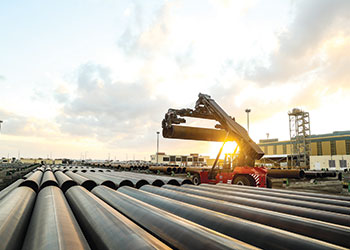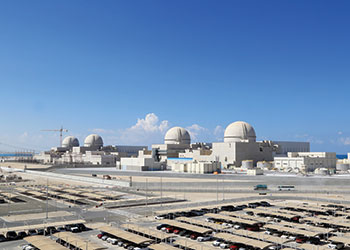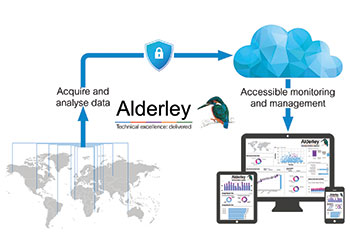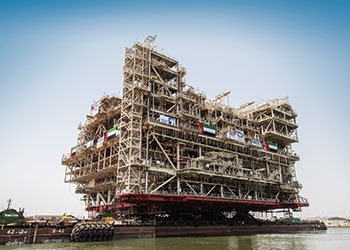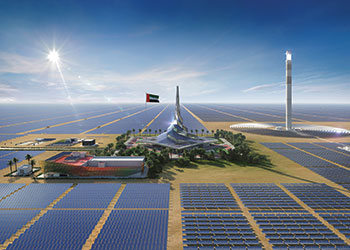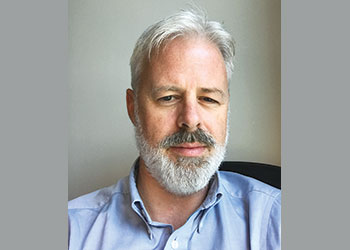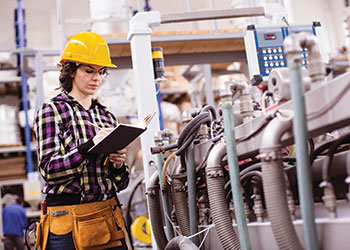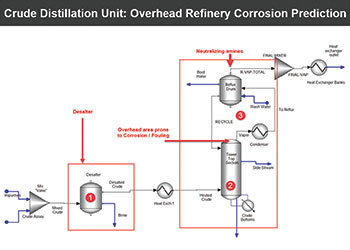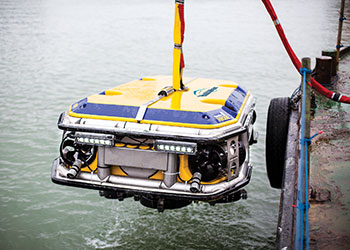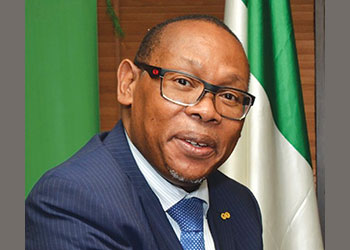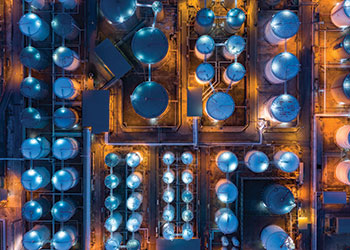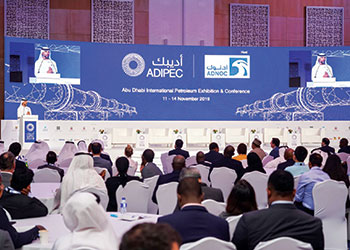
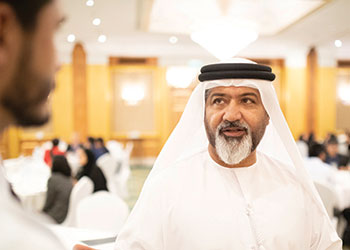 Al Ali ... focused on growth
Al Ali ... focused on growth
An impressive roster of major Abu Dhabi oil and gas projects have underpinned the company’s evolving operations in the country, while it is also increasingly executing a number of large-scale offshore renewable fabrication projects in the UAE for other countries
With a presence in the UAE since 1991, Petrofac is approaching its 30th anniversary in-country. The company’s operational centres in Abu Dhabi and Sharjah are home to around 3,000 employees, and a significant part of Petrofac’s heritage and journey is closely associated with the Emirates.
Ali Abdulla Al Ali, Petrofac’s UAE Country Chair, works closely with the wider team across the group in the ongoing delivery and development of the company’s range of services, capabilities, and operations across the Emirates.
In an interview with OGN, he outlines: "We’ve been here a long time and have developed a large workforce supporting both regional and international projects."
He says: "The UAE is one of our most important markets and through our people here we have the deep experience and expertise to provide the full range of engineering, design, procurement, construction, operations and maintenance and training services.
"With so many of our employees and families living in the Emirates, Petrofac also understands the importance of its role in the local community. We’ve been able to form many long-lasting relationships and engage in many programs with local NGOs, charities and educational establishments."
Putting aside their long track record and significant history, Al Ali outlines how Petrofac is very much focused on the future, growth and enhanced returns in the UAE. He says: "Despite recent industry challenges due to the pandemic and associated downturn, it is a pivotal and exciting time for the business. Sustainability is at the core of our strategy, underpinning best-in-class delivery. It allows us to help clients with their activities as well as our own; promoting safe, local delivery and the creation of a more diverse workforce that helps address the sector’s skills gaps here."
DELIVERING MAJOR PROJECTS
Petrofac Emirates was formed in 2008 as a strategic joint venture between Petrofac and Mubadala Petroleum. Petrofac increased its economic interest in the company in 2013 to 75 per cent, with the remaining 25 per cent now owned by Nama Project Services.
An impressive roster of major Abu Dhabi oil and gas projects have underpinned the company’s evolving operations in the Emirates, with 11 major EPC projects executed in-country to date. These include the Upper Zakum UZ750 project, Qusahwira Field Development Phase II and the Satah Al Razboot (SARB) Package 3.
Mark McAndrew, Senior Vice-President Operations for Petrofac, has been involved in leading some of the company’s most recent assignments. These include UZ750, one of the major offshore field developments in the UAE, located around 80 km off the coast of Abu Dhabi.
"UZ750 is a project on a massive scale. It was constructed on artificial islands and is unique hybrid, as was a huge onshore project requiring an unusual blend of offshore skills and disciplines," he says.
"In addition to oil and gas, refining and petrochemicals, we’re also increasingly executing a number of large-scale offshore renewable fabrication projects in the Emirates for other countries. These have included the BorWin Gamma platform topside, completed with Drydocks World-Dubai, part of an offshore wind project to power more than one million households in Germany. We are also executing some of the packages for the Seagreen offshore wind farm project here. Once commissioned it will be the largest in Scotland, also providing around one million homes with low carbon energy."
PROVIDING IN-COUNTRY VALUE
With an increased government focus on In-Country Value (ICV) in the UAE, McAndrew emphasises Petrofac’s role and the company’s track record and commitment to supporting continued and sustainable investment to industry, through local delivery. "We are a part of the private sector supplier community, and our projects are an important contributor to the UAE's socio-economic growth and development," he outlines.
"ICV is embedded into our procurement processes — the ongoing pandemic situation has probably only furthered an increased industry awareness of the necessity to localise critical parts of the supply chain."
Adnoc first implemented its ICV programme in 2018. Petrofac is among companies ICV-certified by the state-owned oil company. As part of the selection criteria for awards, the extent to which bidders plan to maximise ICV in the delivery of any project is carefully considered. The mechanism is integrated into the tender evaluation process and is aimed at nurturing new local and international partnerships and business opportunities, catalyzing growth, and creating job opportunities for UAE nationals.
Al Ali adds: "Wherever Petrofac operates, we are committed to developing capabilities in-country. Our success here is centered on prioritizing UAE sources for materials, suppliers, and workforce, all of which flow into the country’s economy."
Emiratisation is a key focus area of the ICV programme. At the end of 2019, the UAE’s Ministry of Human Resources and Emiratisation (MOHRE) recognised Petrofac as the best private sector company in the oil and gas industry for Emiratisation. The accolade was based on the company’s continued efforts and effective cooperation with the UAE Government’s ‘Energy Accelerator’ Emiratisation campaign launched last year.
Emiratisation aims to increase the number of UAE nationals in the job market and their contribution to the economy. Development-oriented policies are promoted that support job creation, skills development and entrepreneurship. In addition to being best private sector company in the oil and gas industry for Emiratisation, Petrofac ranked third overall, behind Adnoc and Emirates National Oil Company (Enoc).
BUILDING THE NEXT GENERATION
Employing nationals and developing the workforce of tomorrow is a key component of Petrofac’s ICV focus. The company’s graduate programme focuses on local engineering talent. Some 64 Emiratis were part of the most recent cohort of 165 graduates, making them the biggest group by nationality; 46 per cent of the programme hires were females, compared with a 17 per cent average on female graduates hired globally, since 2004.
The Petrofac programme aims to develop the graduates’ skills and help position themselves as key contributors to the future economy, prepared for the needs of the workplace of tomorrow.
Through the Petrofac Academy, the company’s in-house centre of excellence for employee and career development, graduates are undergoing a four-year structured programme in the UAE. Alongside technical training in their chosen discipline, they also have the opportunity to develop their skills through on-the-job learning, with the company’s live projects.
Dr David Wigfield is Petrofac’s Global Head of Talent. Alongside Ashlesha Ganatra, the company’s Global Graduate Programme Manager, he will be delivering a paper at Abu Dhabi’s Adipec Virtual 2020 Technical Conference organised by the Society of Petroleum Engineers, on the topic ‘Building the Next Generation of Petro-Technical Professionals through the Graduate Development Programme.’
Ahead of the Conference, he told us: "The Emirati graduates have been one of the recent success stories of the Petrofac programme and we’ll be focusing on this. We want to build teams that reflect the communities we serve, to further increase the national diversity of our workforce and leadership to better reflect the countries in which we operate. We have exceeded expectations for diversity and local talent hiring and our subsequent 97 per cent retention rate in year 1, exceeded the mean of 86 per cent in earlier cohorts."
Petrofac recently announced gender diversity targets to advance its broader sustainability agenda. "Industry-wide action is needed to strengthen the talent pipeline of women in management. We have a target of 30 per cent of women in senior roles by 2030 and our focus is on working collectively with industry to achieve a more sustainable, inclusive and diverse energy sector," concludes Wigfield.







































































